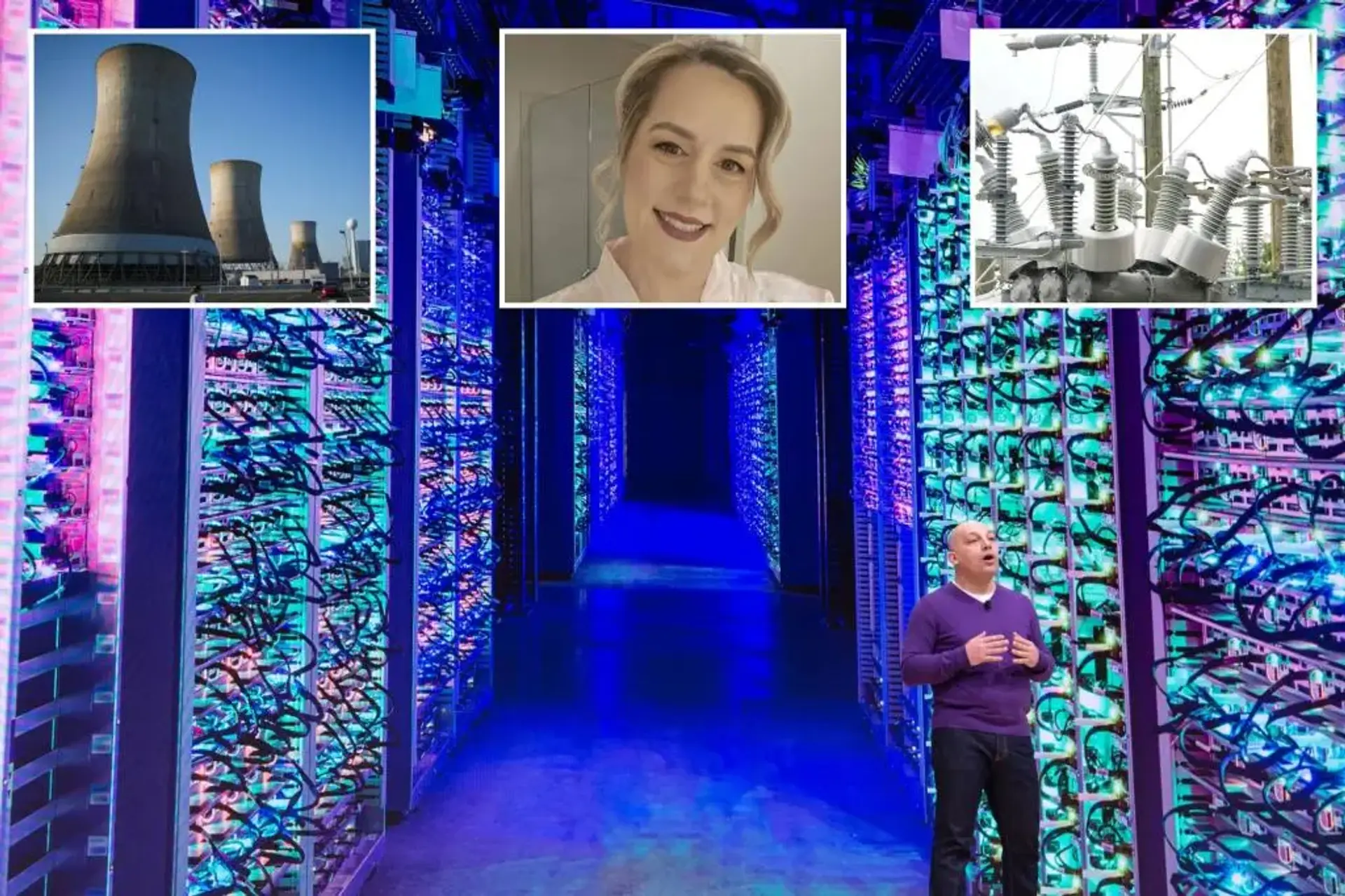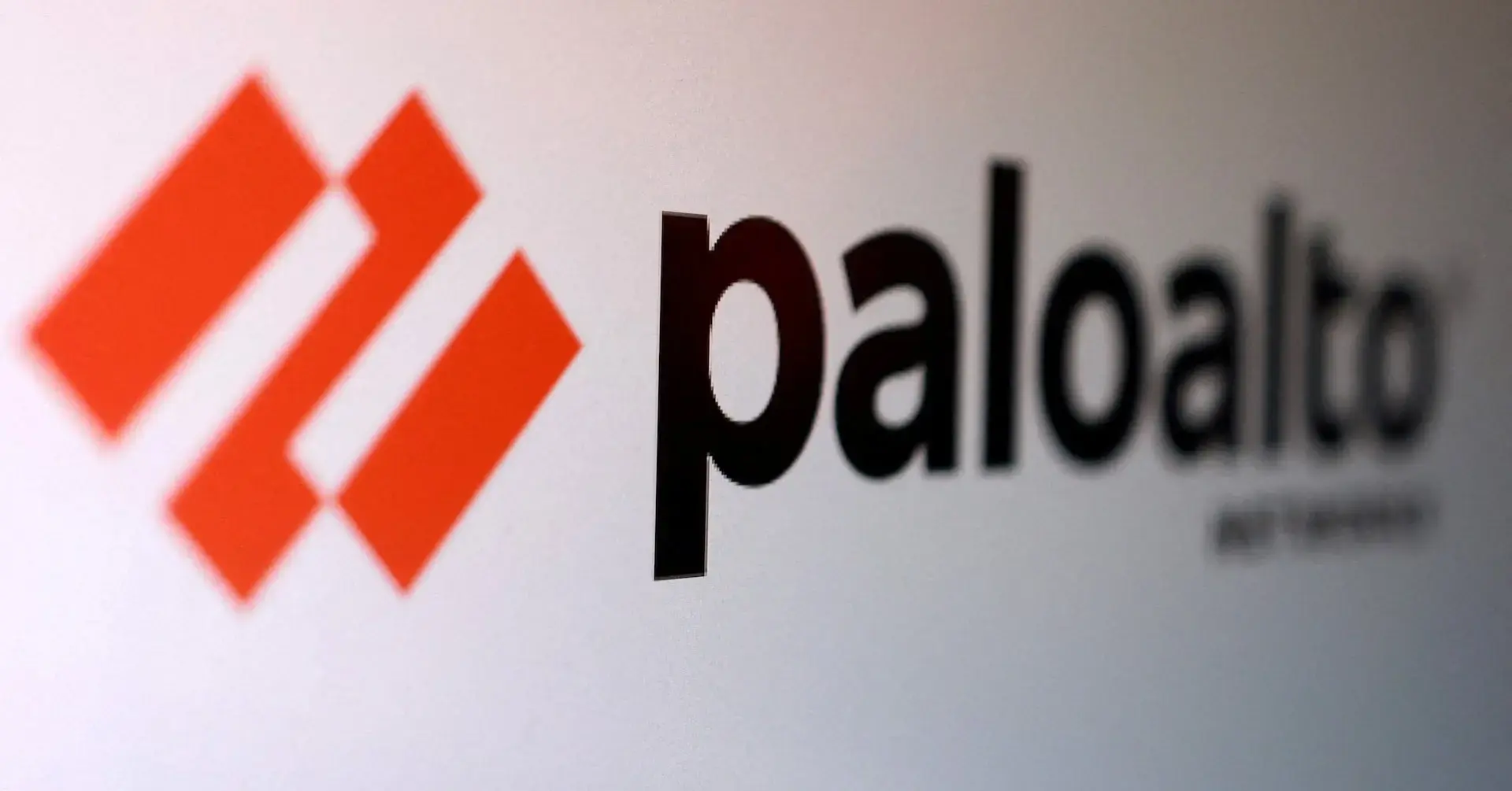Researchers at Johns Hopkins have developed a new AI method that significantly enhances the reliability and accuracy of artificial intelligence, with promising applications in early cancer detection. The team's studies showcase the method's effectiveness in analysing blood samples for early cancer detection, also known as liquid biopsy. The AI can identify unique characteristics, such as genome-wide fragmentation and immune cell changes, without needing to pass the blood-brain barrier. This next-generation AI liquid biopsy approach combines DNA fragments and repeating genome patterns which may accelerate brain cancer diagnosis.
The AI model, trained on synthetic tumour data, performs as well as models trained on real tumours. The AI can capture complicated image texture patterns. The technology has the potential to improve patient outcomes through earlier diagnosis and care.
This advancement marks a significant step forward in utilising AI for precision medicine, potentially enabling clinicians to detect, intercept, and treat cancers more effectively by considering individual patient histories and treatment paths.




